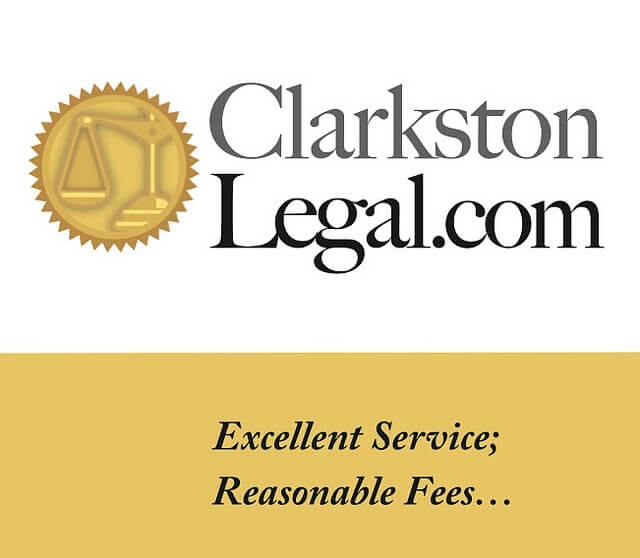Digital Assets and Estate Planning
 Times have changed. In 2014, we now live in a fully digital world; computers are literally everywhere. Technology changes faster than we can keep up with, and we may not realize how that can affect our estate.
Times have changed. In 2014, we now live in a fully digital world; computers are literally everywhere. Technology changes faster than we can keep up with, and we may not realize how that can affect our estate.
Twenty years ago, computers were giant machines kept in ventilated rooms; there was no Facebook, Pinterest, Instagram, PayPal, or even online banking for that matter.
Today, individuals compile a significant amount of digital DNA over a lifetime. There are 3 types of digital assets: personal, business/financial, and social media.
Below are examples of typical digital “assets” contained in an average modern person’s legacy:
Social media profiles such as Facebook, LinkedIn, YouTube and a host of others
Professional profiles [Linked In]
Bank accounts, loan accounts, mortgage accounts
Investment accounts such as eTrade or Ameritrade
Uploaded photos
Uploaded articles
Education accounts, including alumni account profiles
Gaming sites
Email profiles and communications [Most people have at least two email accounts these days.]
Digital media accounts, particularly streaming accounts such as Netflix or Hulu
Cloud computing profiles or accounts
On-line store accounts, particularly those with a social media angle such as iTunes and Amazon
Music or movie files that were purchased and cloud-stored for on-demand downloading
So what happens to all of these digital assets -your electronic profile- when you become incapacitated or pass away?
This is an interesting concept to think about, and one that has added a new twist to the estate planning industry. Many folks have online accounts with a plethora of websites such as PayPal, Ebay, Amazon, banks, credit unions, and on-line investment accounts.
While these electronic profiles have no value, often the accounts associated with them have significant funds on deposit. Someone needs to be able to access these accounts in the event of a death or incapacity of the account holder.
One big red flag with this issue is Internet security. In order to protect these assets, someone has to have access to them. We are always told that our passwords should be updated frequently, and never to give them away.
So how do we safely give a spouse or family member access to these accounts without sacrificing Internet security? It’s a tricky question to answer, but there are ways to provide this information without losing any security.
Often, a husband and wife share information, or have joint passwords or accounts. But in the event that they do not, or if someone does not have an individual they feel comfortable sharing this information with, there are websites that will assist.
There are Internet services where you can set up an account that will send you a message every month (or longer if you choose) asking you to confirm your password. By responding, you are confirming that you are still active in the account. If you don’t respond, the service will send a message to notify a person of your choice.
This notification may not give that person access to the account, but it will let them know that the account exists. This way, steps can be taken to make sure that the online accounts of the decedent do not just sit there languishing in cyber space for years.
Social media accounts can also come into play. Facebook, Instagram, Snapchat, and other similar websites have arguably become the new way of communication in this day and age. Although monetary estate issues may not arise from social media, we do share photos and videos on these websites that a family may want to obtain after the death of a loved one.
Dealing with digital assets is just one example of many complex and different areas of estate planning that are probably not taken into consideration by most people. To make sure this, and all areas of your estate are properly protected, it is imperative to seek the assistance of an attorney.
Our estate planning team offers free consultation on all estate planning matters.

